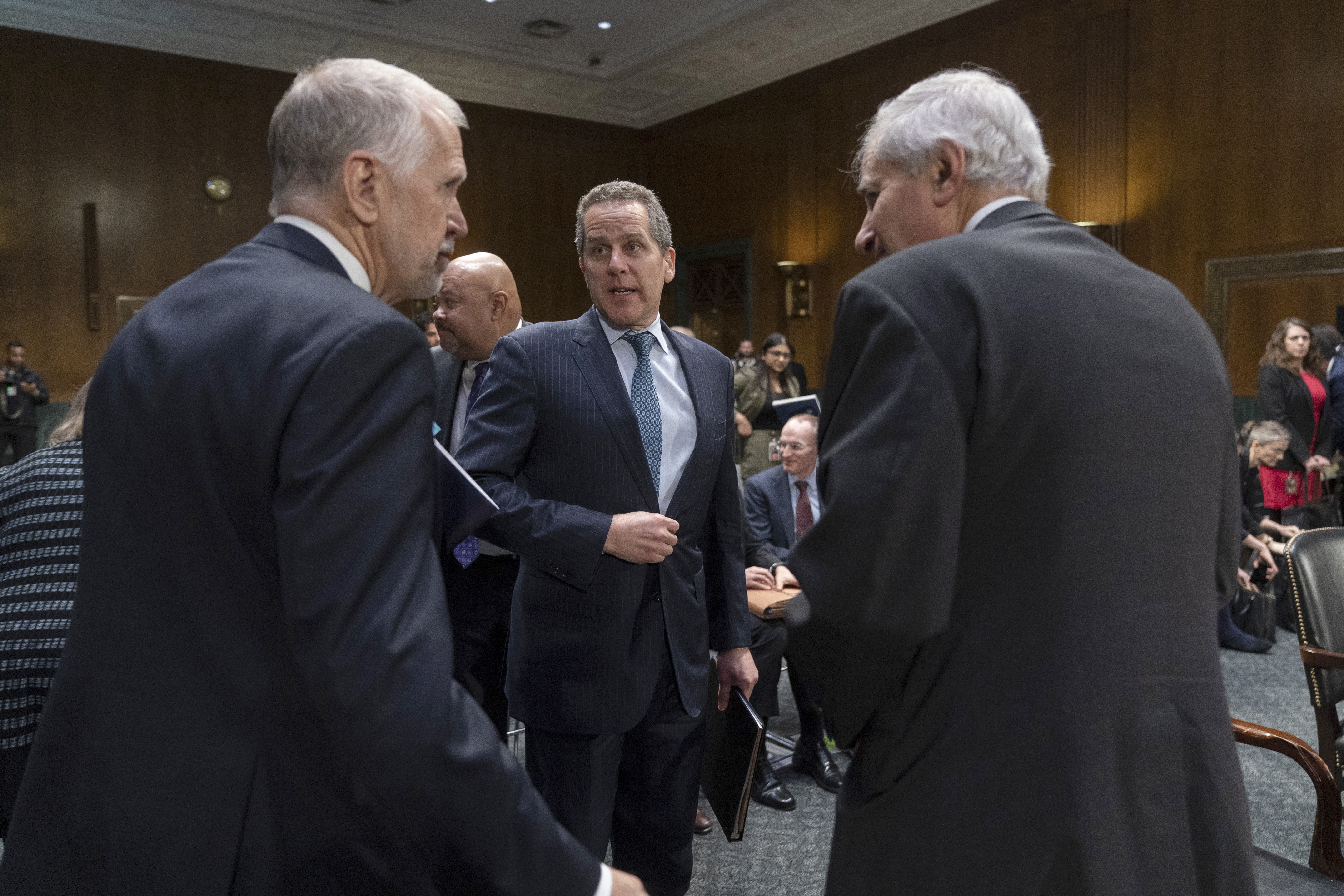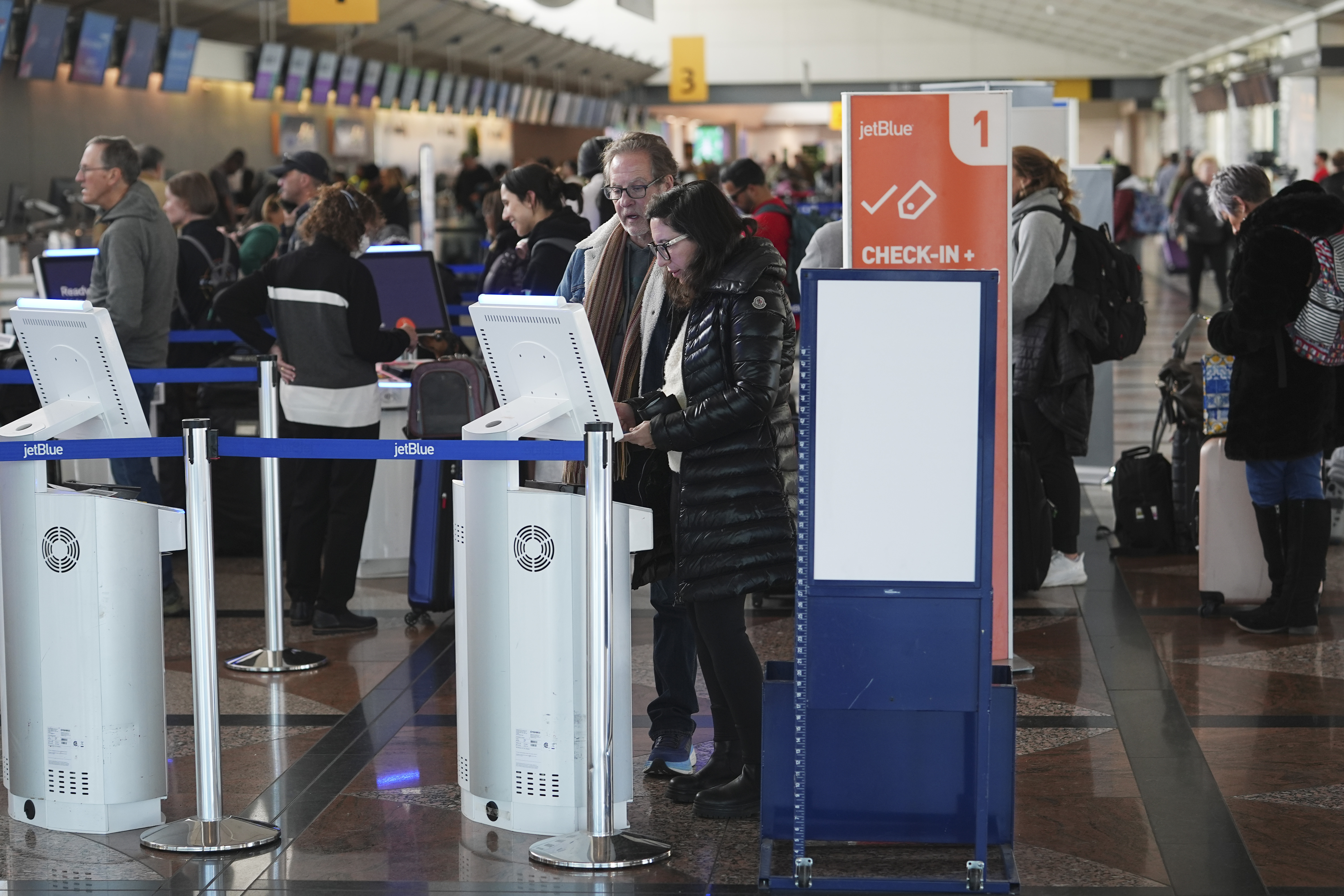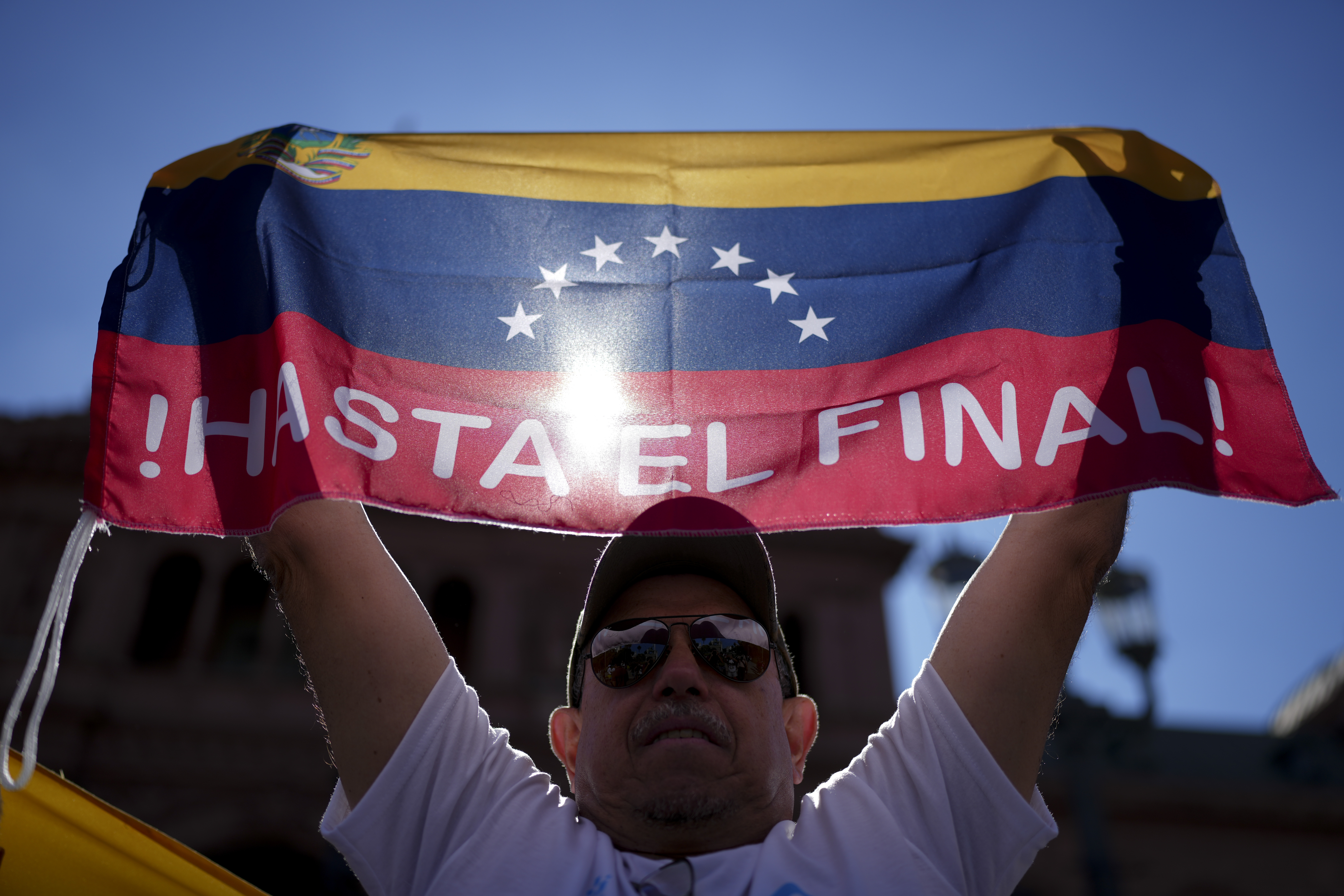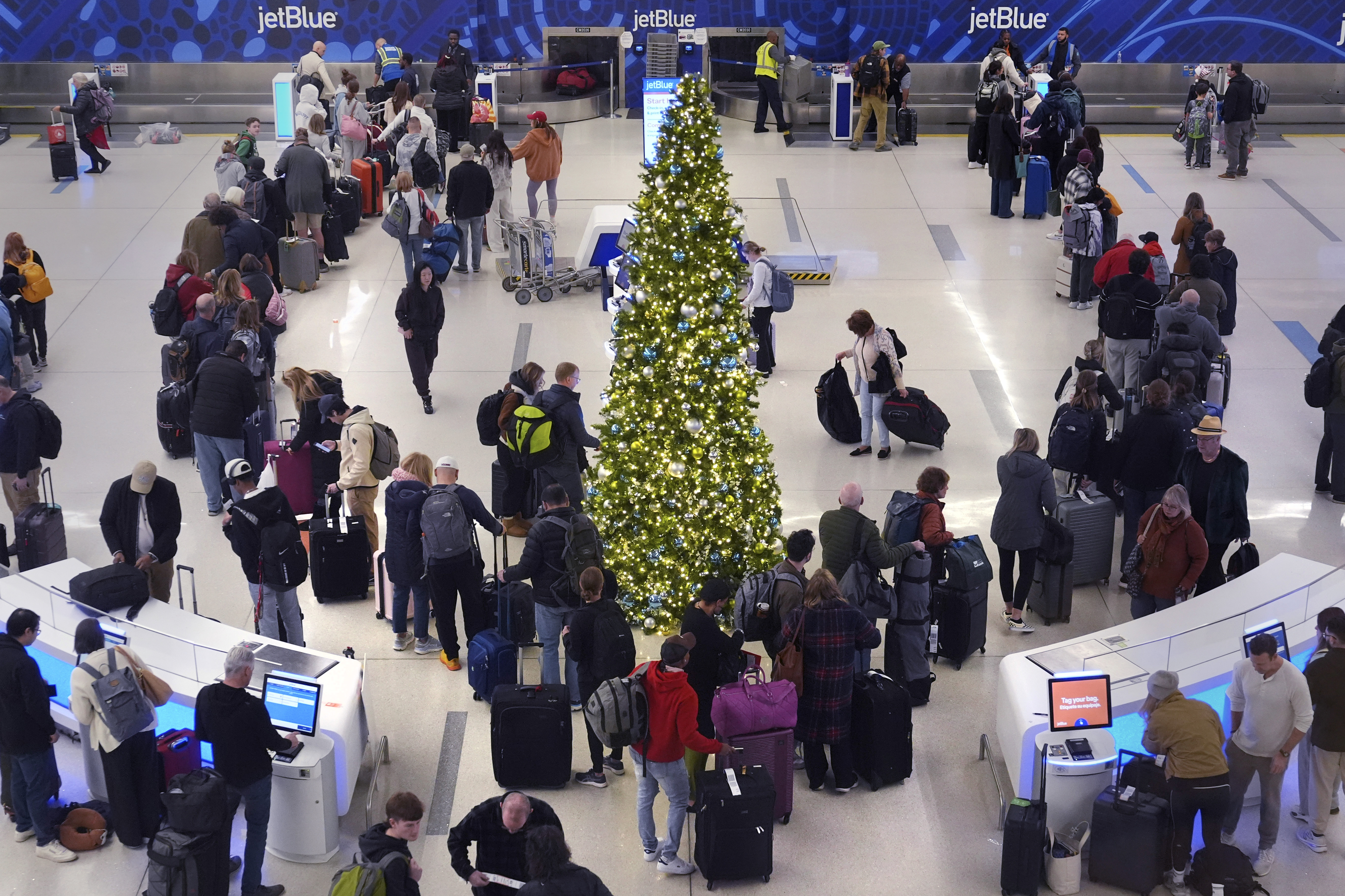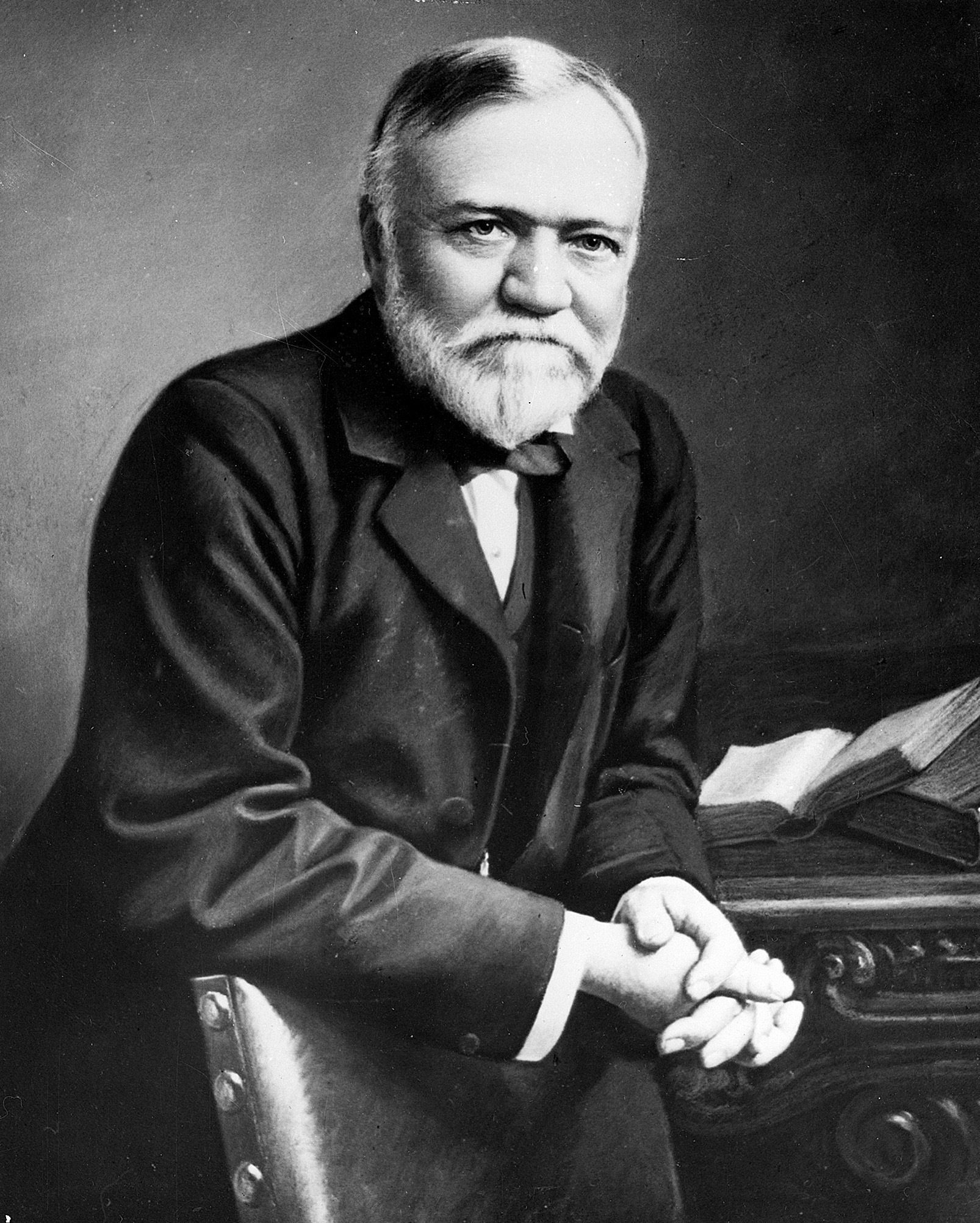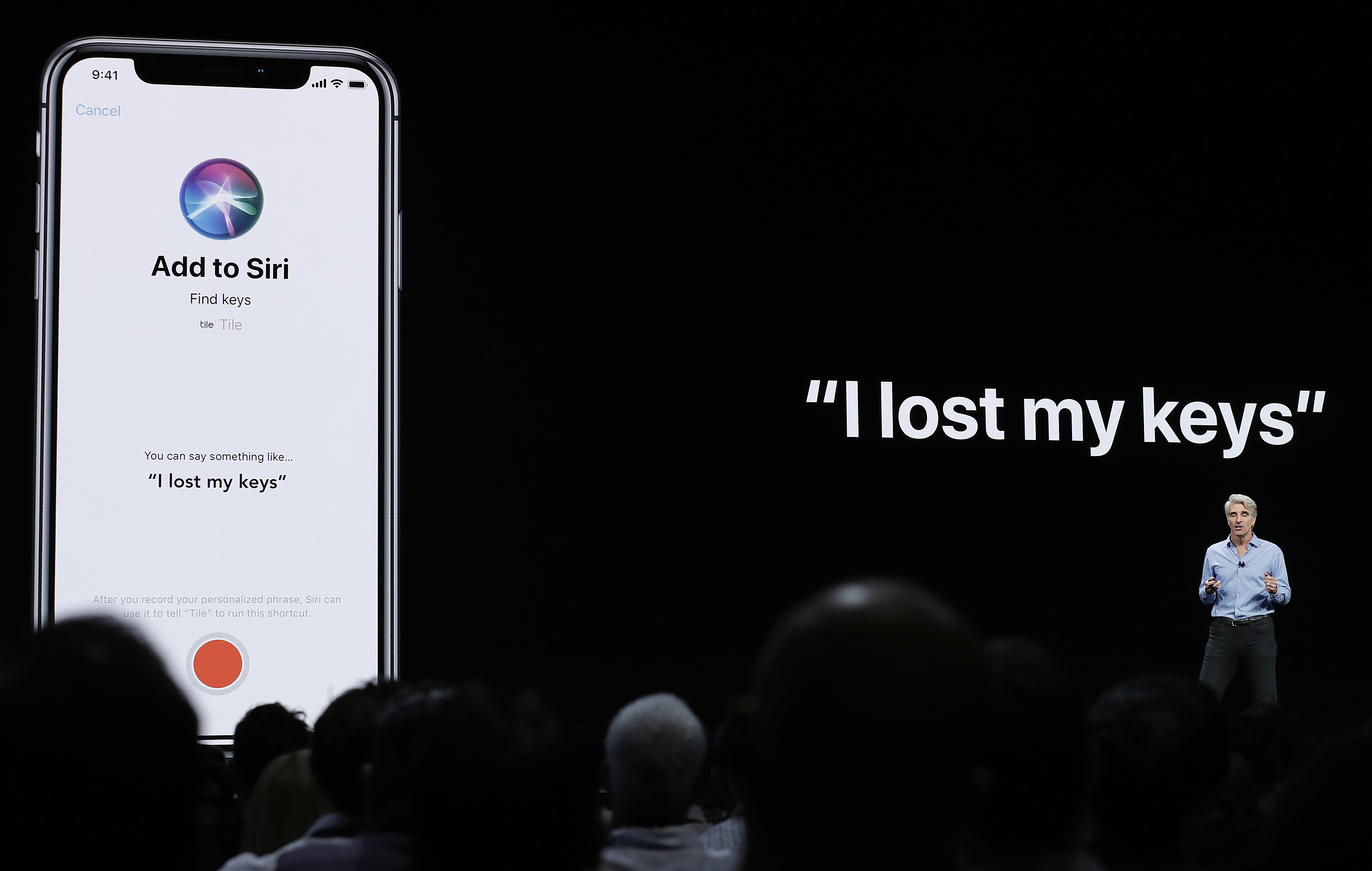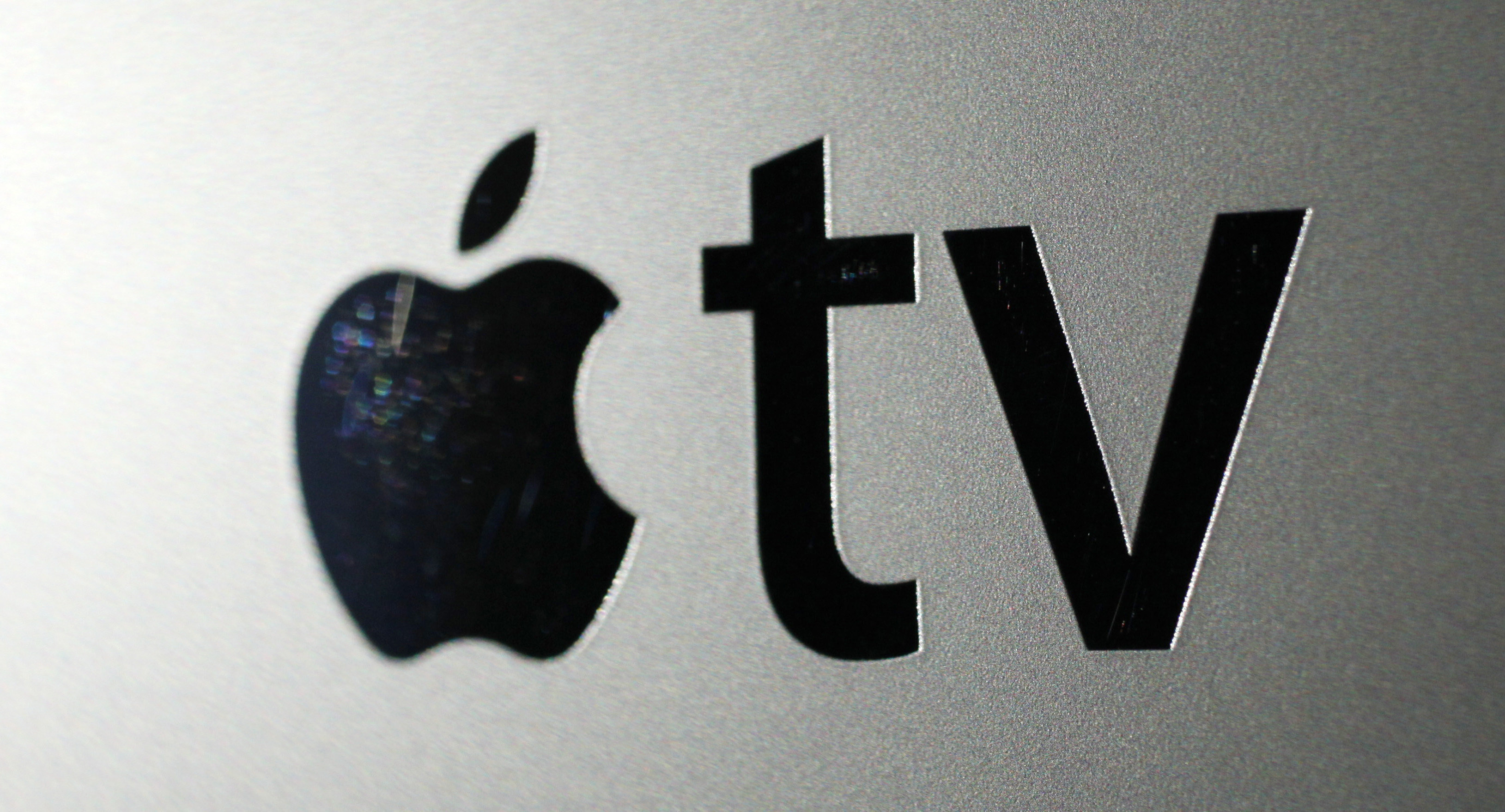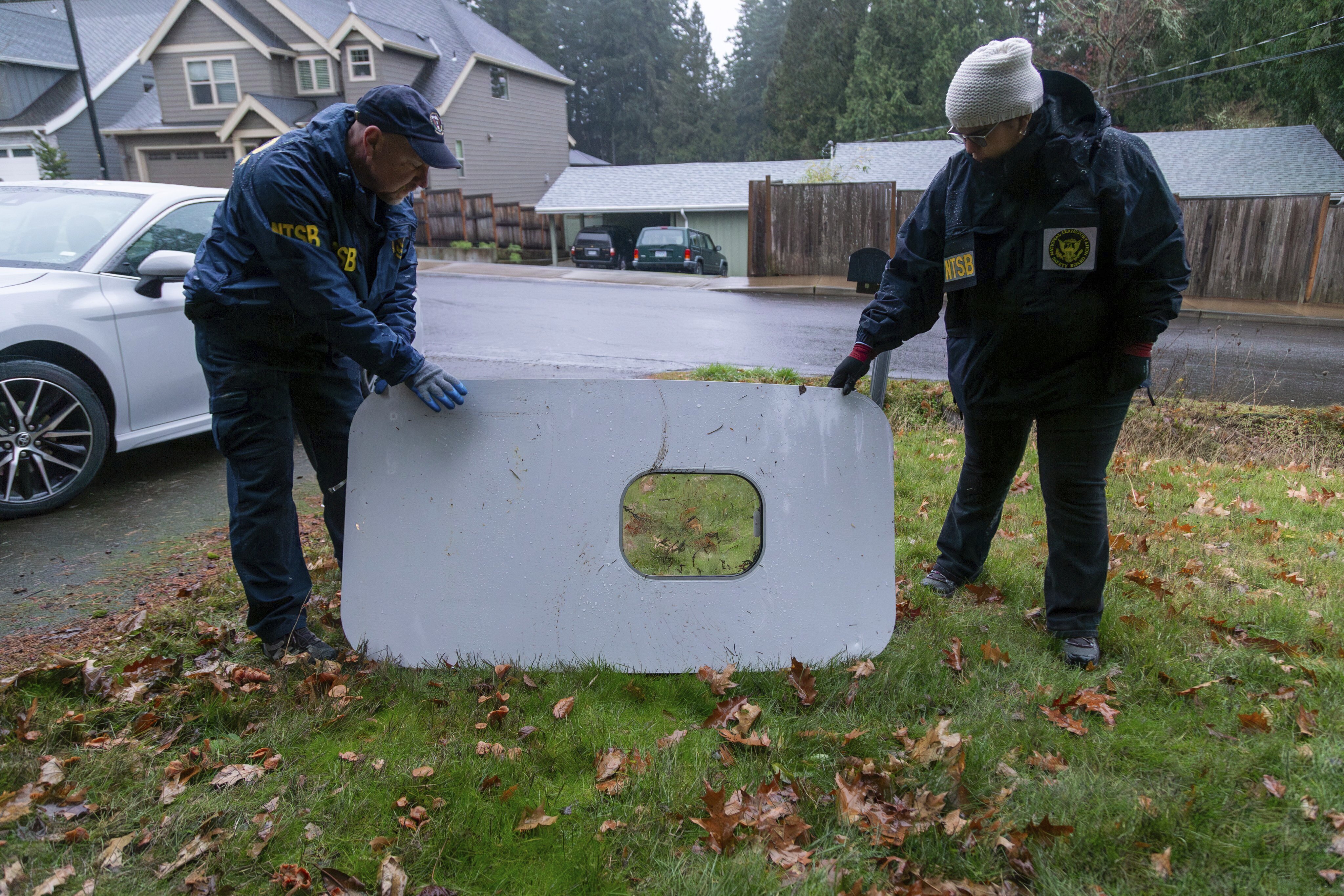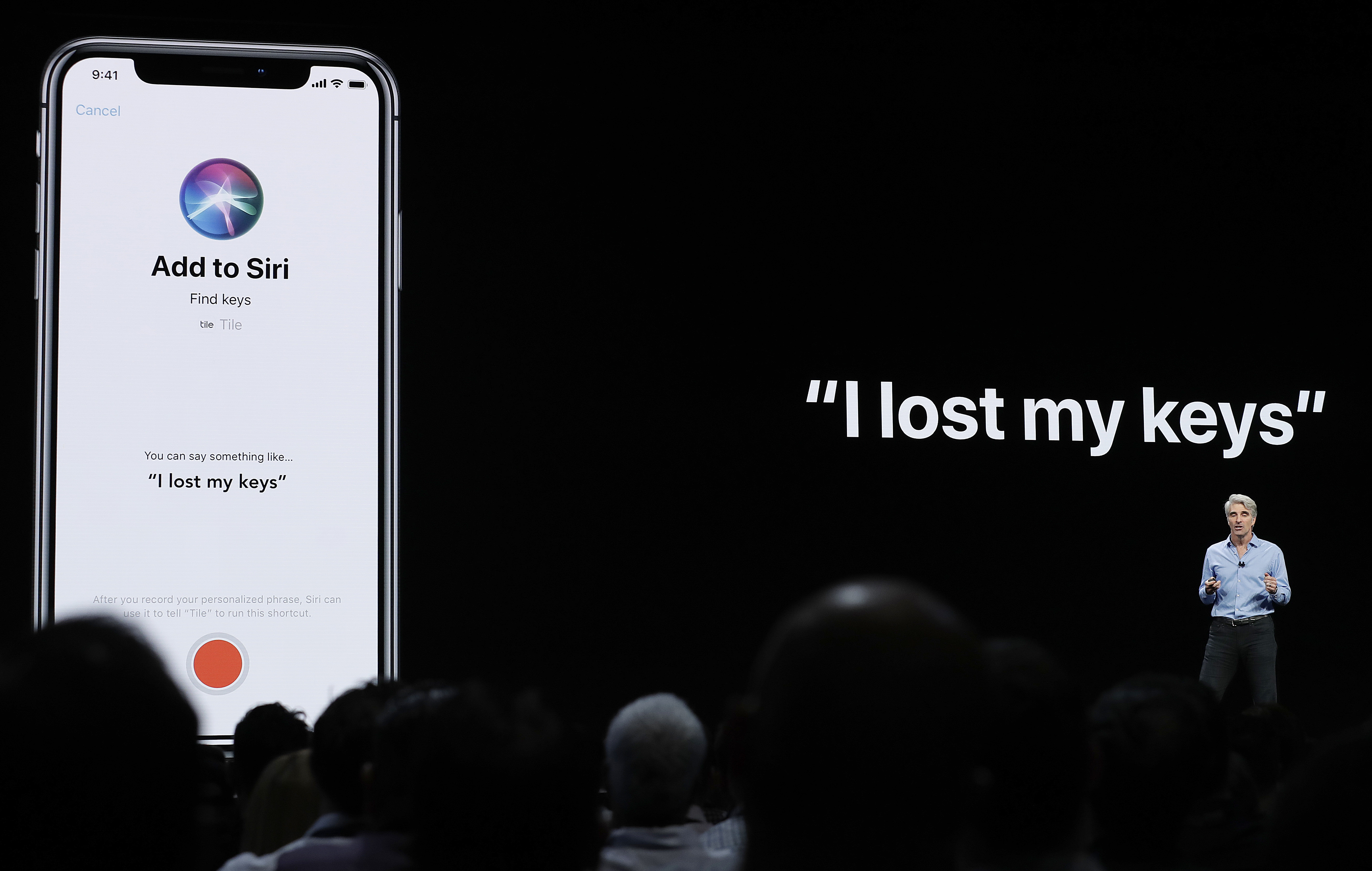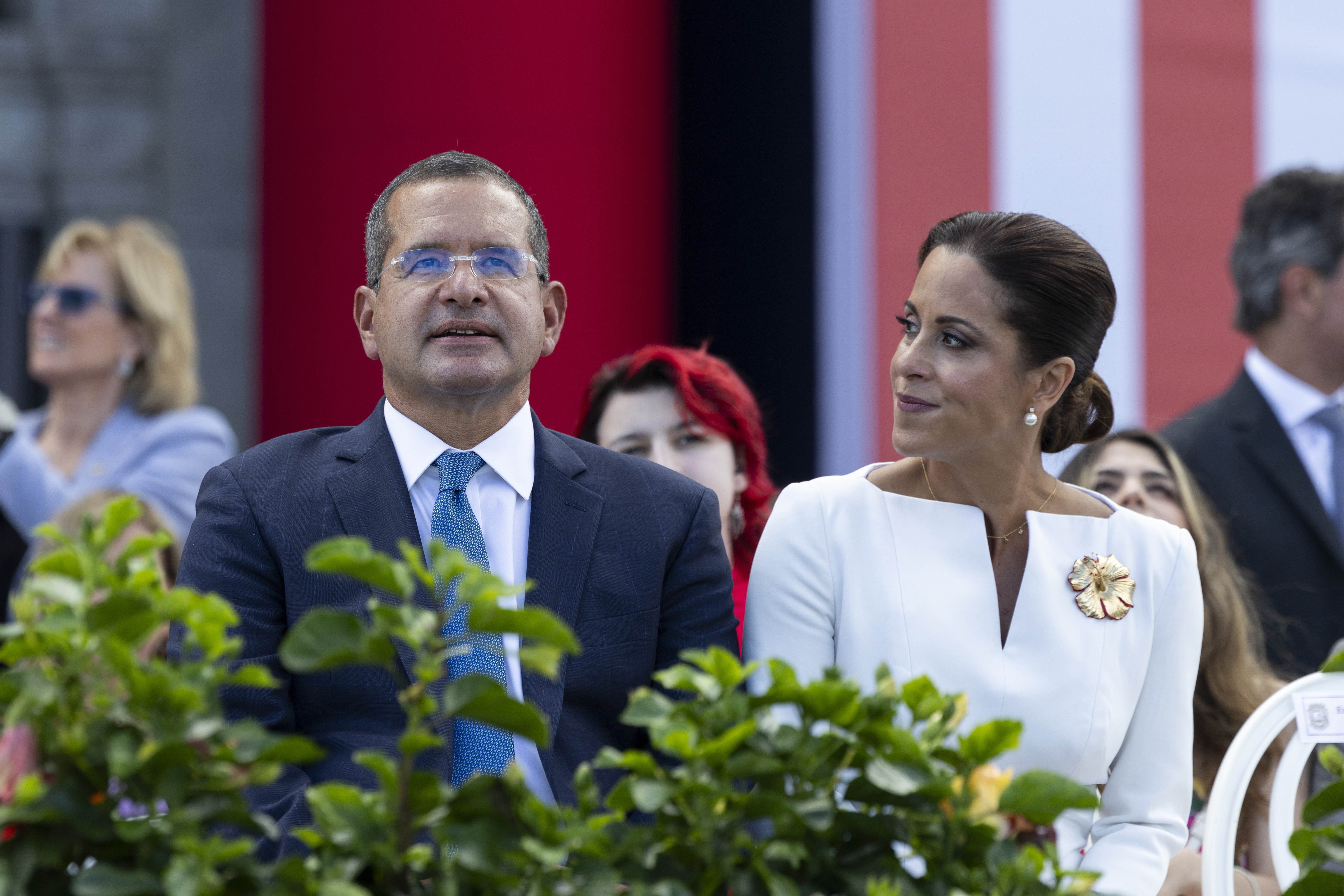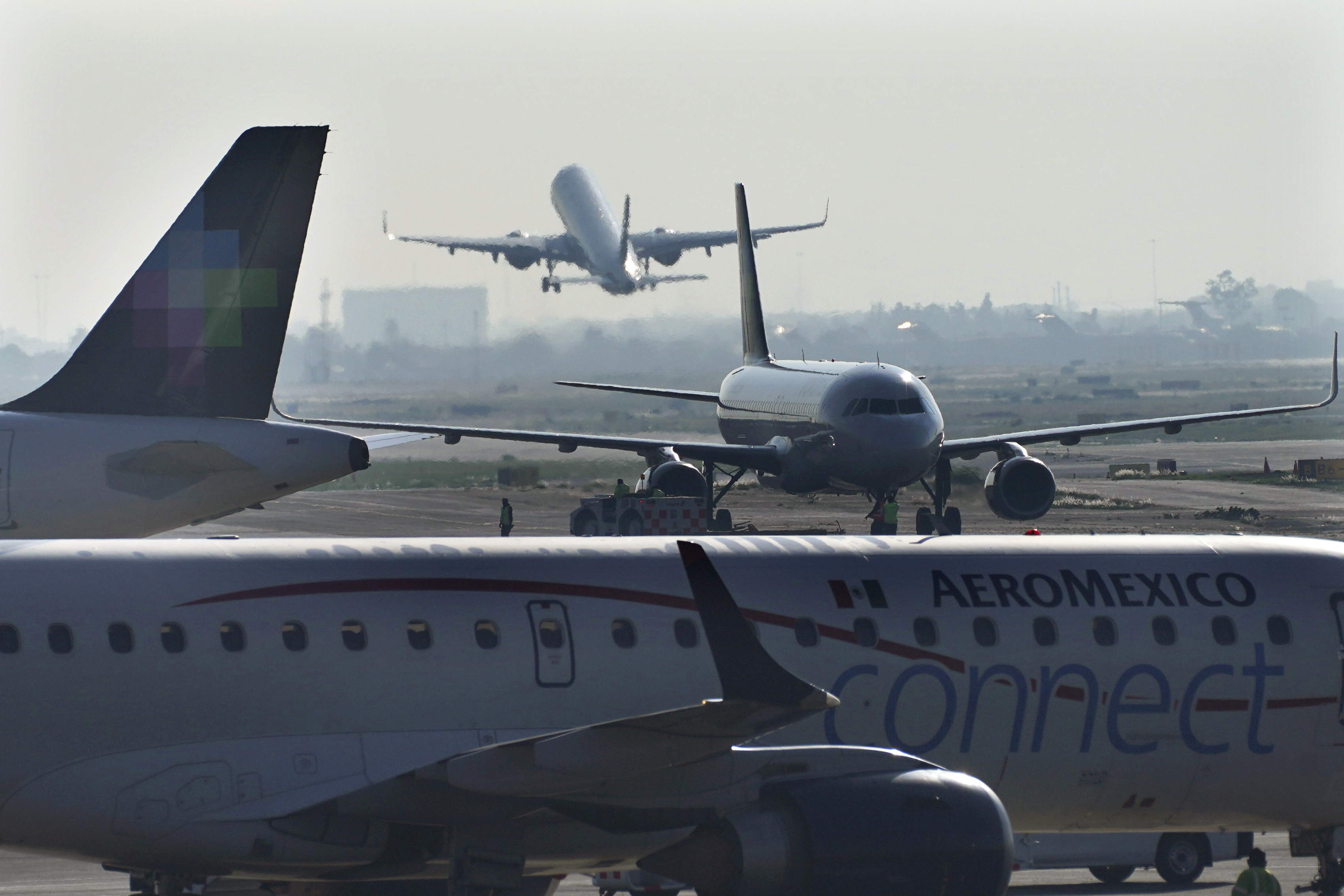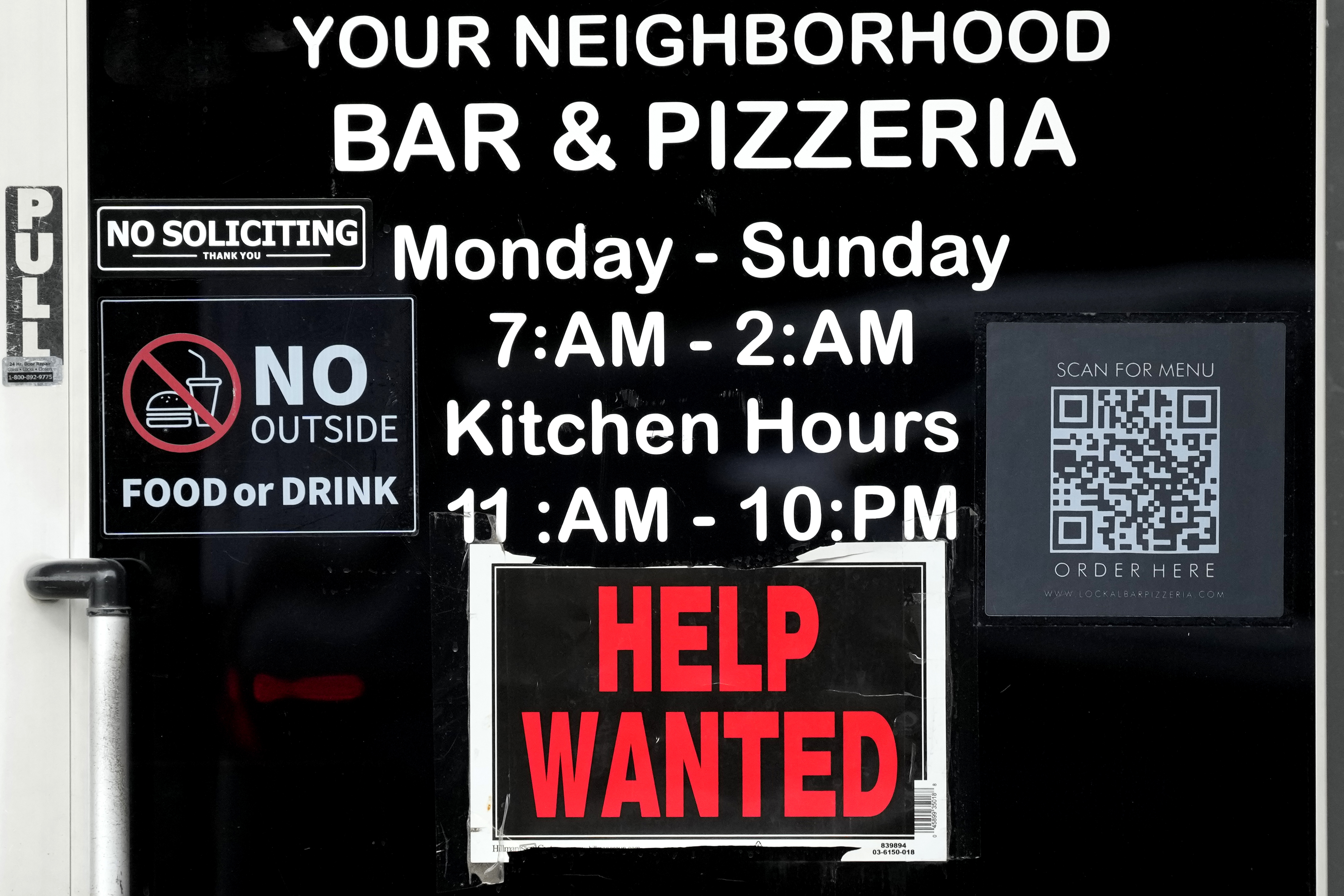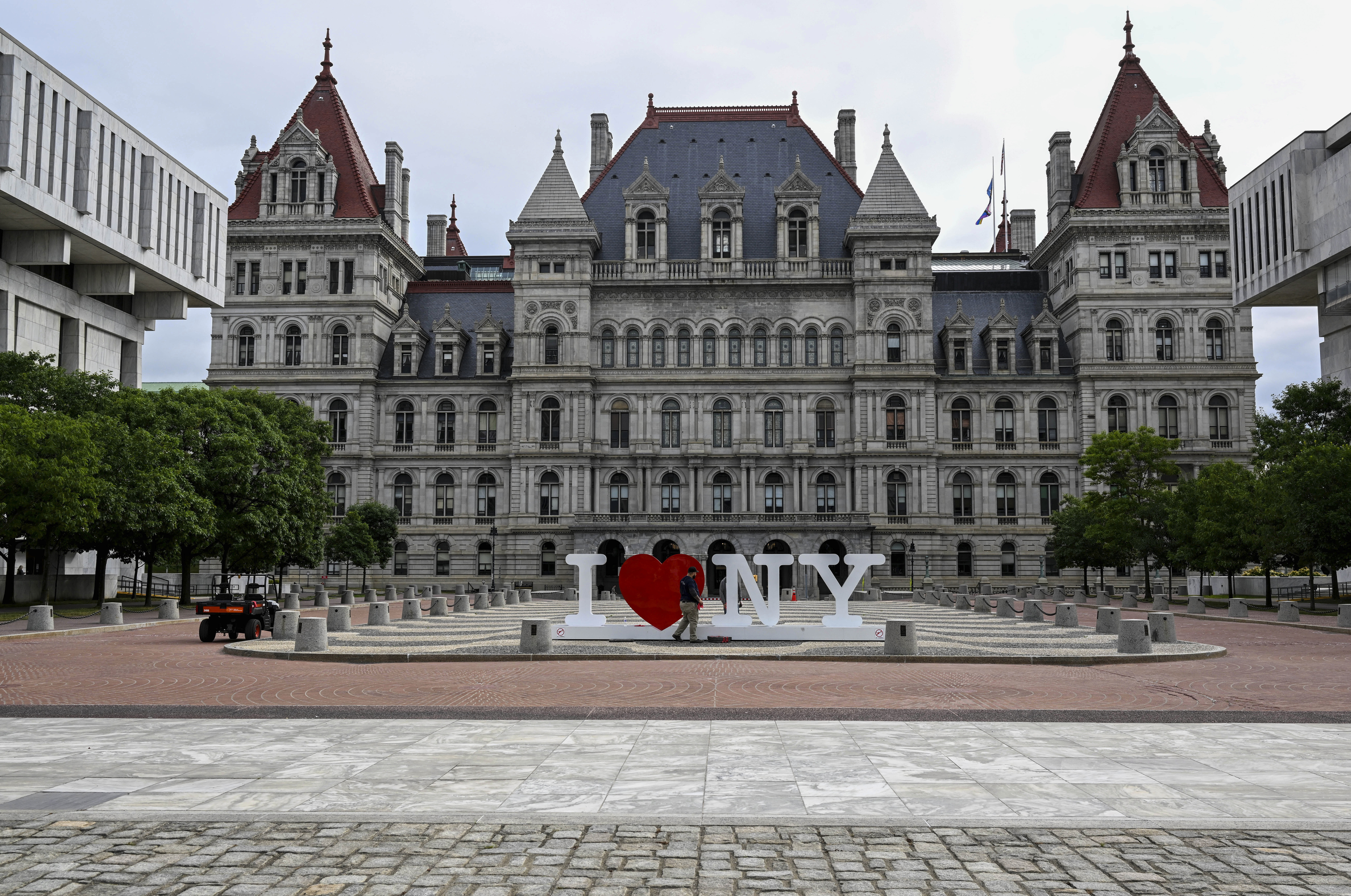NORFOLK, Va. (WAVY) — The Pamunkey Indian Tribe will pay nearly $10 million for public waterfront property if they are given approval to eventually build and operate a hotel and casino.
The idea for the $700 million resort next to Harbor Park was first announced last December, but Tuesday was the first time terms of the deal were made public.
On top of the land purchase price, an agreement has also been struck on a tribal casino revenue sharing agreement that would give Norfolk a 4-percent cut of all gambling revenues according to outgoing City Manager Doug Smith. If they open up commercially, the Pamunkey’s would be taxed based on state law.
“You are rarely going to see a project in the region that has this scale of development and this scale of revenue generation on an annual basis,” Smith said in Tuesday’s city council workshop.
Current plans call for between 3,500 to 4,500 slot machines, up to 225 table games, three to five on site restaurants, a 750 seat entertainment facility, spa and waterfront promenade.
Smith estimated the city could see $5 million in revenue annually if the casino had a least 750 slot machines and 25 table games.
“It puts us in a very unique position,” Smith said.
The agreement has been placed on the council’s Sept. 24 agenda for a public hearing and a vote.
Councilwoman Andria McClellan said, “I am very uncomfortable with that time frame.”
McClellan was upset there was nothing yet in the agreement earmarking for gambling addiction, storm water resilience or its effect on the social dynamics of the community.
“When we talk about this going to a tribal option, this becomes Vatican City in the city of Norfolk — wholly owned by the tribe forever and ever,” McClellan. “These are things that we need to be very careful about.”
Councilwoman Courtney Doyle agreed with McClellan that extra revenue should be be spent on flooding, sea level rise and schools.
Smith said what ultimately happens, and how large the casino actually is, depends on what happens in the Virginia General Assembly.
Legislation that would allow gaming in five cities, including Portsmouth and Norfolk, is currently being studied in Richmond.
If lawmakers approve the bill in the next legislative session, a majority of voters in each individual city would still have to approve allowing gaming in their community before any license could be issued.
That referendum would likely not occur until at least November 2021, pushing a commercial casino opening in Norfolk until at least 2022, according to Jared Chalk, Norfolk’s interim economic development director.
Because of that, the tribe also wants to submit its application to start the lengthy federal process.
If Norfolk City Council approves the land deal on Sept. 24, ownership won’t change immediately and the Pamunkey’s will essentially pay $100,000 a year for up to five years to have the city reserve the land for them until one of two pathways become more clear.
Smith was quick to highlight that no public incentives are included in the deal as the 13.25 acres of land will be sold at market value, $750,000 in acre.
Both solutions require the tribe to cover any infrastructure, flood mitigation and utility improvements.
Mayor Kenny Alexander appeared confident that concerns from council members could be met before the scheduled vote.
“I think that communication is important and council has been aware from this over a year,” Alexander said. “We understand the revenue impact but what is the social impact to a casino that wasn’t addressed tonight and that is what we are asking the city manager to come back or his team to come back with answers too.”
Portsmouth is also currently looking to open a casino. Consultants recently determined that Hampton Roads could support a pair of casinos, although the report did not include the already legalized historic horse racing machines in their analysis.











